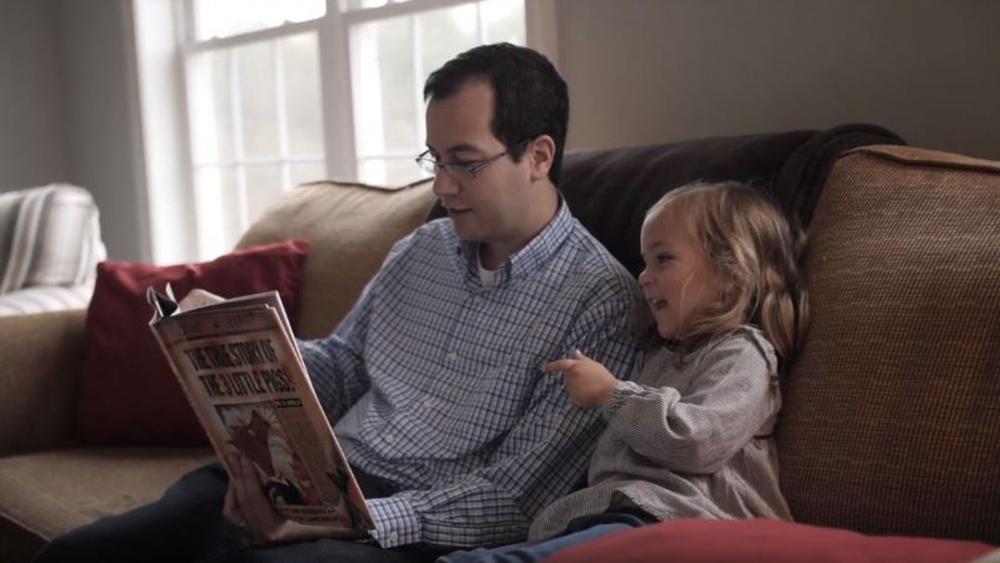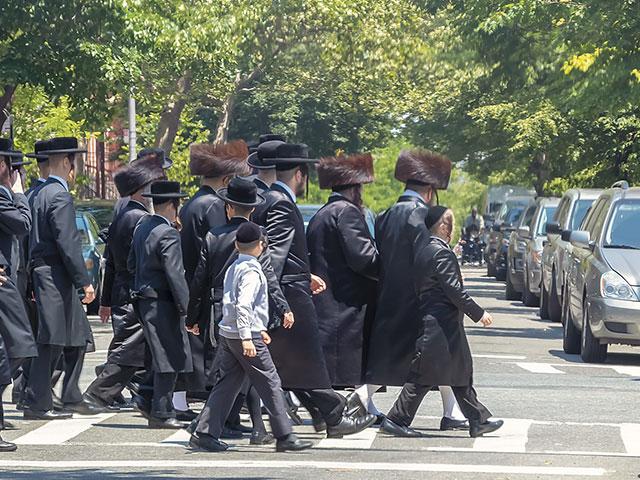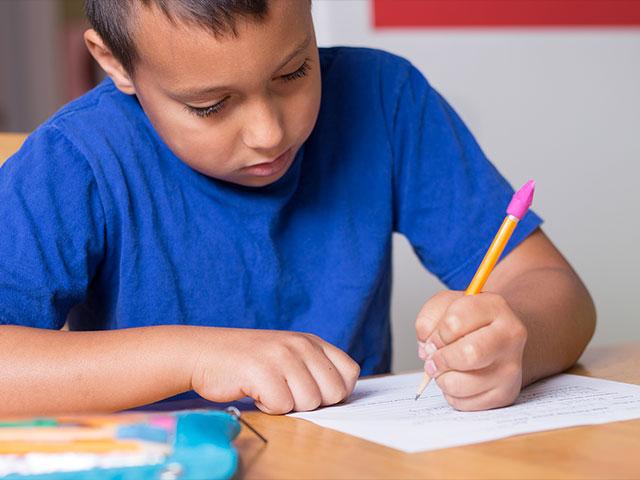Homeschooling has always been part of the lives of Kirk and Kristen Sosebee. As homeschool graduates themselves, when they decided back in 2017 to educate their oldest child at home, they did so knowing full-well what was involved and understanding what the law said about home-based education in their state of Virginia, where some 40,000 children are educated at home.
But they were to discover that complying with the law was no longer enough, and soon found themselves embroiled in a court battle fighting for their rights.
Complying with the law, and well ahead of the deadline, the Sosebee’s sent their notice of intent to homeschool to the Franklin County school superintendent. The Home School Legal Defense Association (HSLDA) reports that their notice contained all information required by law, including their child’s age and home address.
To their surprise they got a letter back from the superintendent’s office requiring more information: “Because of a policy change, I need additional information to complete your child’s school enrollment. Please provide a copy of your child’s birth certificate and proof of residence in Franklin County.”
That seems simple enough, and on the surface, even harmless. But it goes beyond what the state law passed in 1984 requires. And it goes to the heart of the struggle of many years when homeschoolers had to fight to get state governments to acknowledge the right of families to educate their children at home.
A basic belief of most homeschoolers is that parents – not the state or local authorities – bear the responsibility for their children’s education. So any infringement on those hard-fought-for laws protecting them is not going to be accepted without intense scrutiny and even resistance. The Sosebees felt they had to take a stand.
“We were given such a gift in being homeschooled,” Kristen Sosebee says. “We loved it so much and were able to get such a good education that we didn’t want to take it for granted and let that slide.”
So the Sosebee’s politely wrote back to the superintendent saying that the law did not require what he was demanding from them so they wouldn’t be sending him the additional information. At that point, the school district’s attorney got involved, informing them they were not in compliance with Franklin County requirements, and eventually threatening court action if the Sosebee’s didn’t fall in line.
That’s when the Home School Legal Defense Association (HSLDA) got involved, explaining to the superintendent’s office and attorney that “families in Virginia don’t “enroll” their children to homeschool them. The homeschooling statute is clear: they simply notify the school district. Second, the statute says nothing about birth certificates or proof of residence. And third, homeschooling in Virginia is governed by state statute, not local school district policy.”
HSLDA says that “to concede the authority of this school board to add new requirements to a 33-year-old (now 35-year-old) statute—and threaten prosecution—would be to concede that each of the 133 school districts in the commonwealth has the authority to do likewise, in 133 different ways.”
With the school district’s attorney issuing a thinly-veiled threat to prosecute the Sosebee’s for violation of compulsory attendance laws if they didn’t comply with the new demands, HSLDA decided to file suit against the Franklin County school district.
The school district won the first round when the Circuit Court agreed with its argument that another Virginia statute permitting local officials to set policy over things like school cafeterias and discipline codes also applied to homeschool. But HSLDA attorneys maintained that local authorities can’t add to a state law passed by the legislature, and then prosecute people who comply with that law.
HSLDA took the next step and petitioned to be heard by the Virginia Supreme Court. Their petition was accepted, and earlier this week attorneys filed their opening brief asking the Commonwealth’s highest court to strike down Franklin County’s policy because it places unlawful requirements on homeschooling families.
Kirk Sosebee believes this battle is worth fighting, and that the results could have repercussions well beyond Virginia.
“Like many freedoms, if you don’t keep fighting for it and keep standing up for it, you’re just going to lose it,” Sosebee said.
HSLDA agrees, saying that if school boards in Virginia are granted unfettered power to change their state’s homeschooling requirements, school boards in other states could try to claim that same power.
The Virginia Supreme Court will hear the Sosebee’s appeal in the coming year.
Watch the Sosebee’s story below:
Source: CBNNEWS.COM





